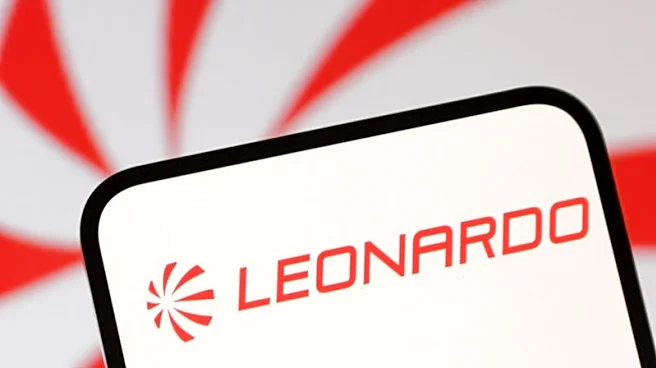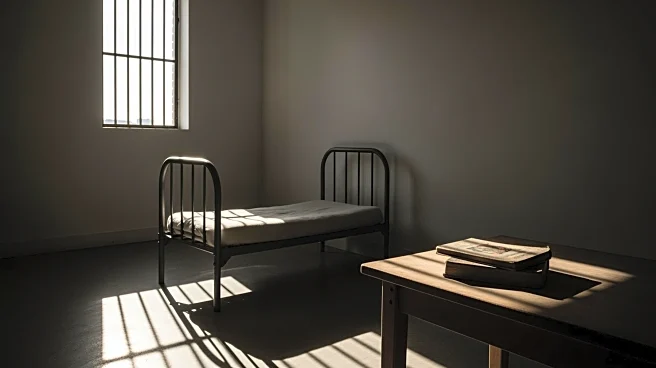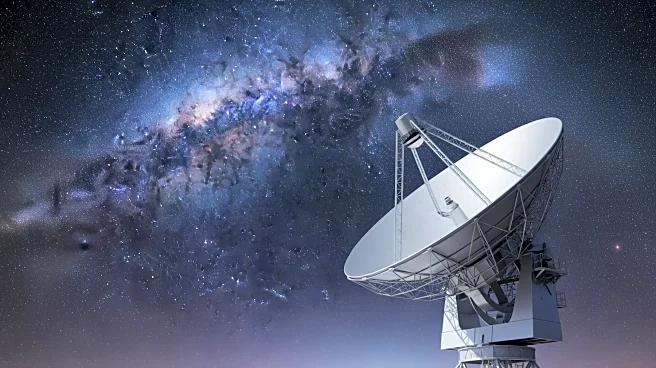By Tim Hepher and Giulia Segreti
PARIS/ROME (Reuters) -Europe's aerospace giants kept investors waiting an extra day for details of a new space champion on Wednesday as lawyers and advisers pored over the
smallprint, but merger plans remained intact, people familiar with the talks said.
Reuters reported this week that Airbus, Thales and Leonardo had reached a framework deal to pool their satellite making activities to chip away at the dominance of Elon Musk's Starlink.
Initial plans for a Wednesday announcement slipped but there was no major new obstacle and a deal appeared to have been pushed back by no more than 24 or 48 hours, barring an unforeseen and more substantive problem, the people said.
"The announcement is ready; that doesn't mean you don't have some last-minute details. It is industrially, technically and financially complicated," one of the people said.
Thales, Airbus and Leonardo all declined comment.
The talks mark the latest attempt to tie together Europe's fragmented and struggling satellites industry.
Europe's top players - Airbus and a pair of ventures controlled by Italy's Leonardo and France's Thales - have been dwarfed by rivals led by Musk's SpaceX.
They plan to combine satellite assets into a new holding company with about one third each after a series of balancing payments, but the new structure will take up to two years to put in place pending regulatory approvals, sources have said.
A previous attempt to combine hit EU anti-trust obstacles.
The companies are expected to set out the broad structure and objectives of the merger plan, code-named Projet Bromo, without dwelling on details of corporate governance which will be decided later after a period of standalone operations.
The balance of power and question of who appoints chairperson, CEO and CFO have previously caused friction in past European aerospace mergers, including at Airbus itself.
But sources said there was a strong commitment between the parties to co-operate on satellites, in part driven by losses and falling market share.
(Reporting by Tim Hepher; Editing by Alexander Smith)










